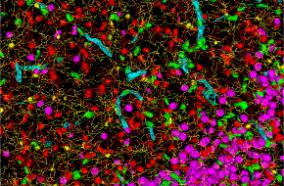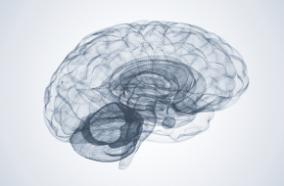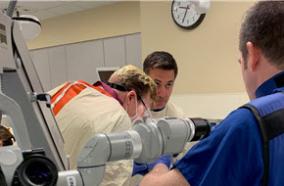General background. People who serve in the military have specific risk of exposure to head injury in addition to the typical risks faced by all people. Some head injuries are fatal or cause permanent severe neurological dysfunction, but many people survive head injury and return to or close to pre-injury levels of functioning. The long-term consequences of survived head injuries are not entirely clear, but are of profound importance to society at large and to the Department of Defense (DoD) in particular. As trauma, surgical, and medical care have improved, many people whose conditions would have in previous eras been lethal are surviving and aging, so determining the effects of survived head injuries on the aging brain becomes of incredible relevance in planning service needs and in understanding what is in store for the thousands service members who sustain a head injury before, during, or after their military service.
We propose to characterize four cohorts of individuals who have been prospectively followed since the point of injury in combat to dramatically increase what is known about the long-term implications of head injury among people who have served in the military. We seek at this time to expand the “EValuation Of Longitudinal outcomes in mild TBI Active-Duty Military and Veterans” (EVOLVE) study to include brain donation and autopsy consent in these service members. Sadly, the death rate in this study is currently sitting at just over 1:100 and the suicide rate is 833/100,000 in stark contrast to the CDC reported suicide rate in the US population at large of 18-20/100,000.
Sponsor: Department of Defense




















